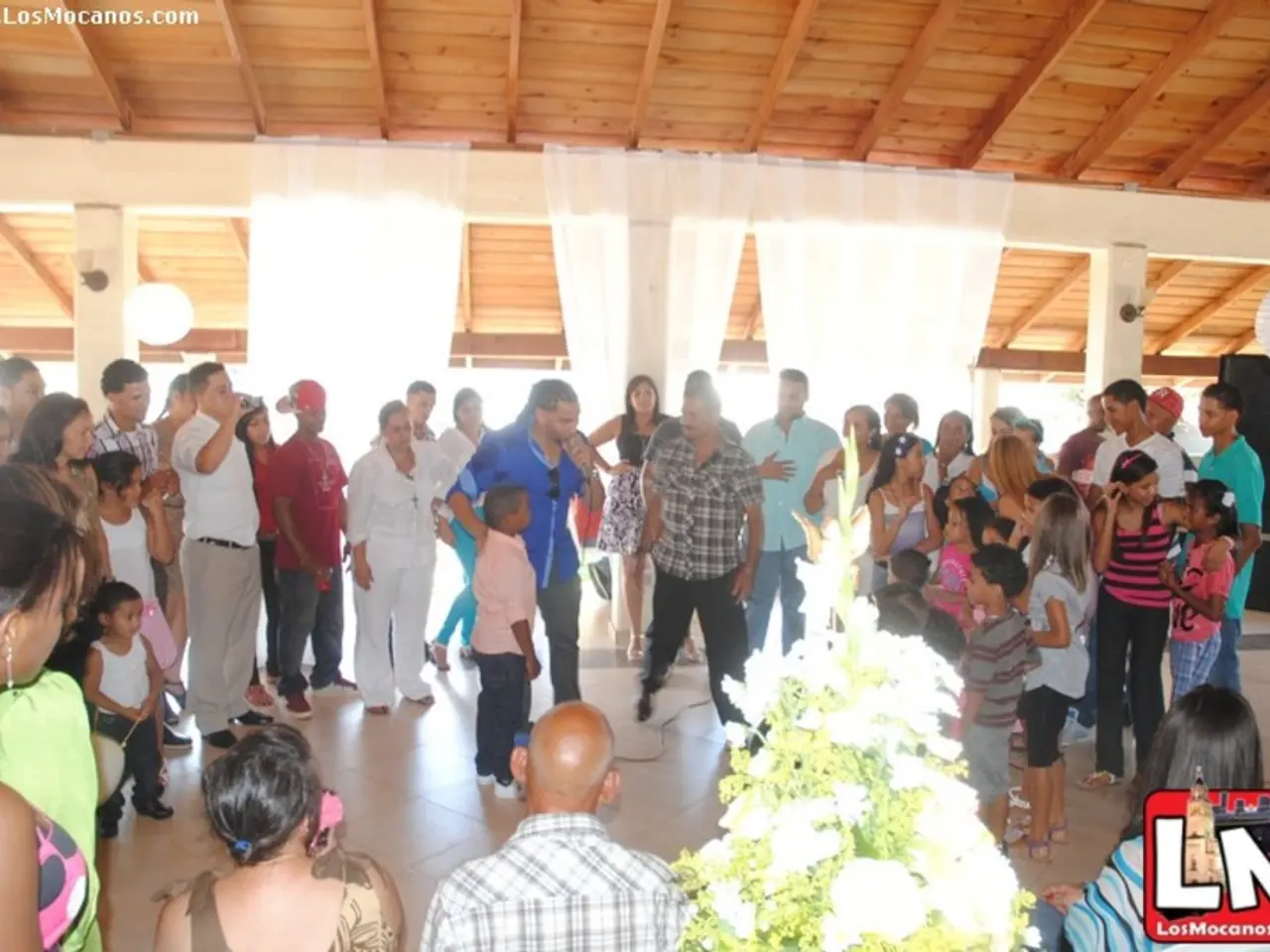Youth Advocates Leverage digital platforms to preserve traditions and champion social and environmental rights.
In Uganda, Bolivia, and the Democratic Republic of Congo, the Cultural Survival’s Indigenous Youth Fellowship has made significant strides in empowering young leaders from various communities. Ayoo Mary Goretty (Tepeth), Wara Iris Ruiz Condori (Aymara), and Musa Atebeta Obal (Batwa) have spearheaded projects that aim to defend land, promote environmental justice, and advance women’s empowerment within their communities.
Ayoo led a project titled "Youth Capacity Strengthening and Advocacy on Land and Life Defenders (YCSA)" in Katikekile Sub-County, Moroto District, Uganda. The project targeted both male and female youth, including those with disabilities, and aimed to empower them with knowledge and tools to advocate for their land rights and environmental protection. The YCSA project was well received by both the community and local authorities and led to increased cooperation, greater awareness of land and mineral rights, and reduced conflict among mining communities.
Wara Iris Ruiz, a young Aymara woman from Bolivia committed to climate justice and biodiversity conservation, mobilized a team of 35 individuals for her project. Her fellowship project, titled "Incubadora de periodistas indígenas en la resiliencia al cambio climático y la lucha contra la explotación indiscriminada de los territorios (PACA, Incubator for Indigenous journalists on resilience to climate change and the fight against indiscriminate exploitation of territories)" in Bolivia, aimed to strengthen journalism, environmental communication, and digital media skills among Indigenous youth. After the fellowship ended, many youth continued creating environmental content.
Musa, the first Batwa youth in his region to earn a university degree in nursing, is coordinating a collective of young Indigenous Batwa fellows from the Democratic Republic of Congo. He leads project design and implementation, coordinates organisational activities, and founded Radio Voix de la Femme Autochtone. Musa's initiative established a community structure that serves as an ongoing support base, where he is entrusted by Indigenous members seeking advice and support.
Through these projects, the fellows have created media platforms that amplify Indigenous voices, restore cultural narratives often excluded from mainstream discourse, and foster digital safety for sustainable advocacy. By training peers in media production, legal literacy, and environmental communication, these projects have enhanced Indigenous youth leadership and nurtured a new generation of informed advocates capable of confronting social and environmental injustice with creativity and solidarity.
Moreover, the YCSA project supported income-generating activities that helped families invest in their children's education in Katikekile Sub-County, Moroto District, Uganda. The project produced stories and content highlighting environmental realities, focusing on topics like extractivism, climate resilience, and traditional ecological knowledge.
In summary, the fellowship has produced concrete outcomes such as strengthened leadership and technical skills among Indigenous youth, creation of communication platforms for advocacy and cultural preservation, formation of community support structures with sustained impact, empowerment in Indigenous rights, language revitalization, traditional knowledge, and audiovisual communication, and grassroots mobilization for land defense, environmental justice, and women’s empowerment. These outcomes highlight the role of strategic communication in Indigenous community resilience and advocacy in Uganda, Bolivia, and the DRC.
[1] These achievements were made possible through the support of Cultural Survival's Indigenous Youth Fellowship, which seeks to empower Indigenous youth to become effective advocates for their communities and culture.
- The Cultural Survival's Indigenous Youth Fellowship, as seen in the projects led by Ayoo, Wara Iris Ruiz, and Musa, plays a crucial role in education-and-self-development and personal-growth of Indigenous youth, equipping them with knowledge, tools, and skills for land rights advocacy, environmental protection, and cultural preservation.
- The fellowship initiatives, such as Wara Iris Ruiz's PACA project, not only promote learning and information dissemination about climate change and indiscriminate territorial exploitation but also nurture a new generation of self-sufficient, creative, and informed advocates for environmental justice and social change.




